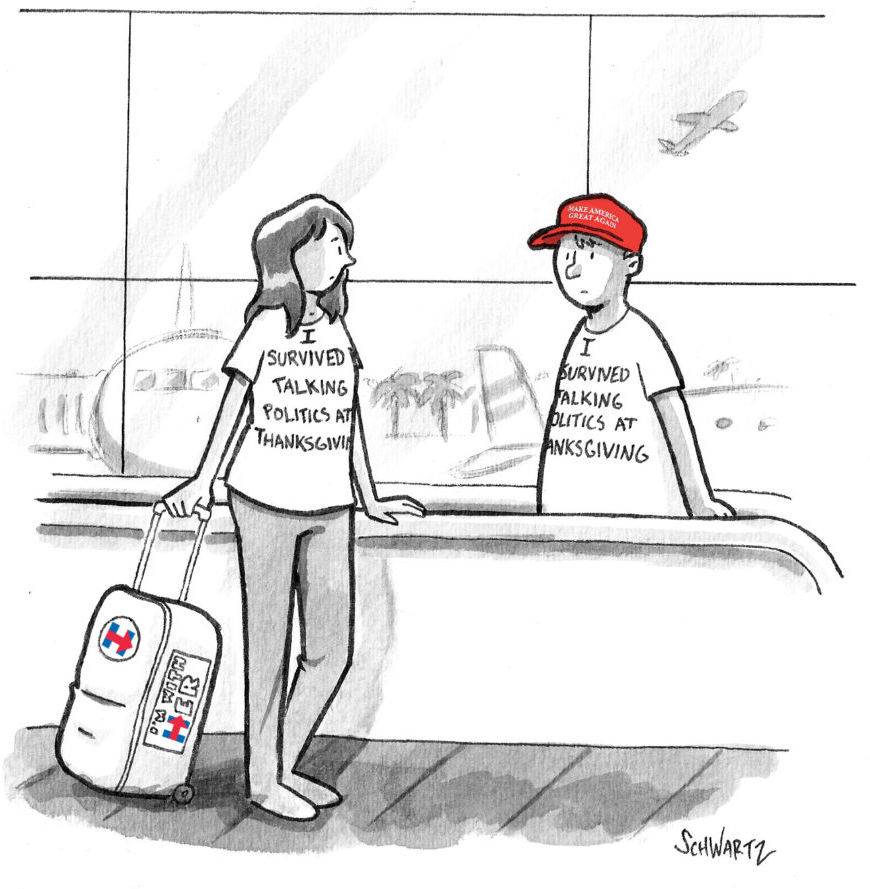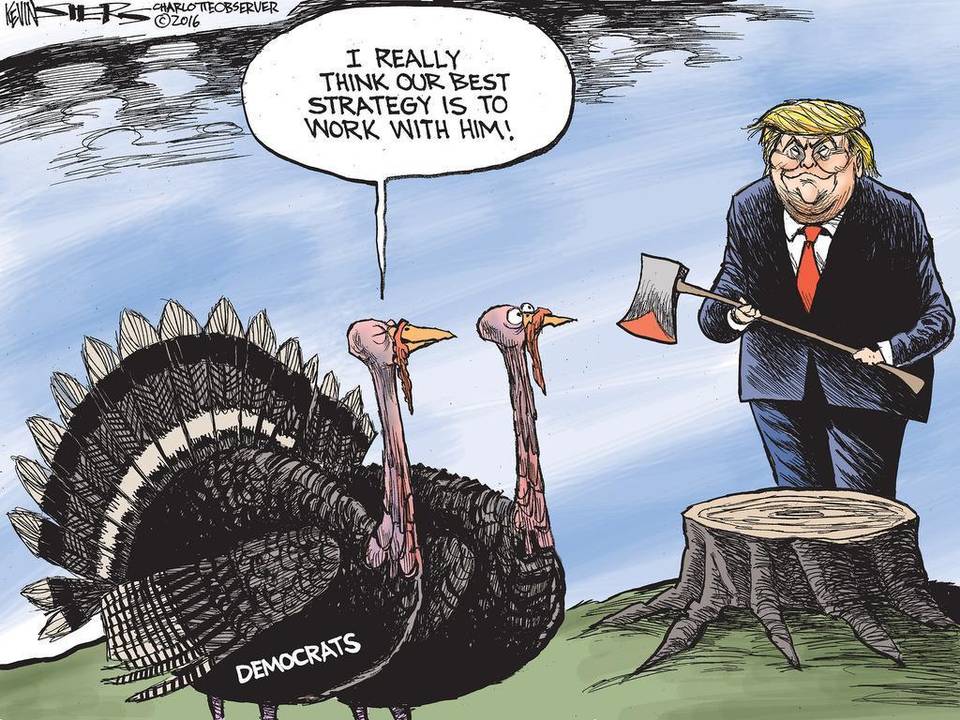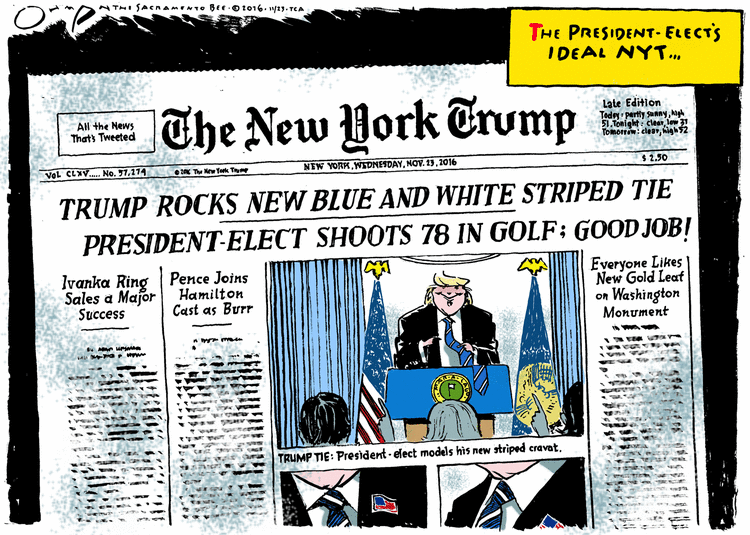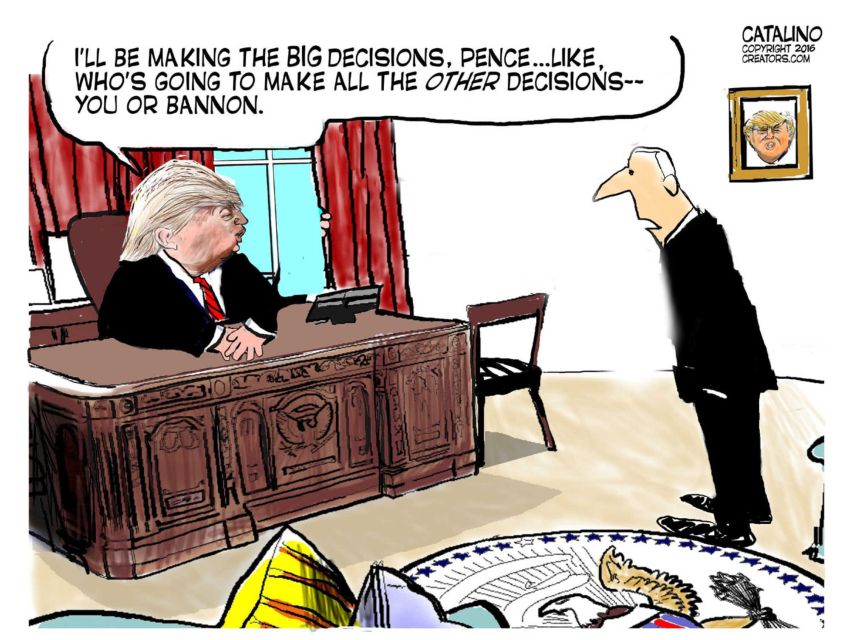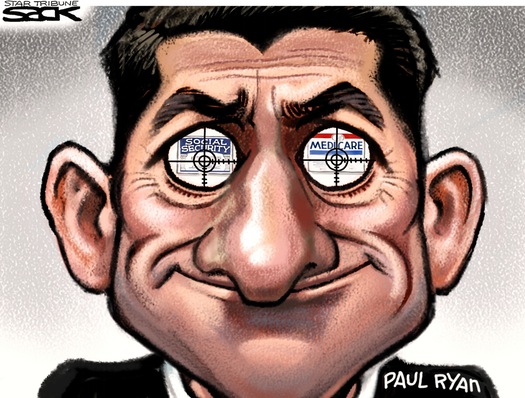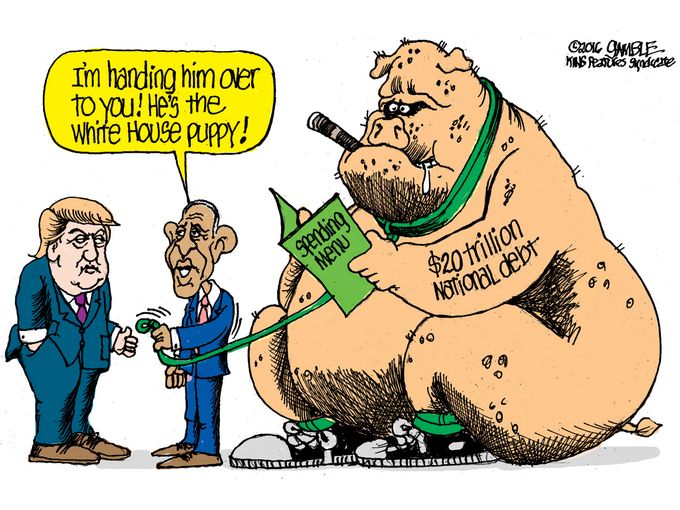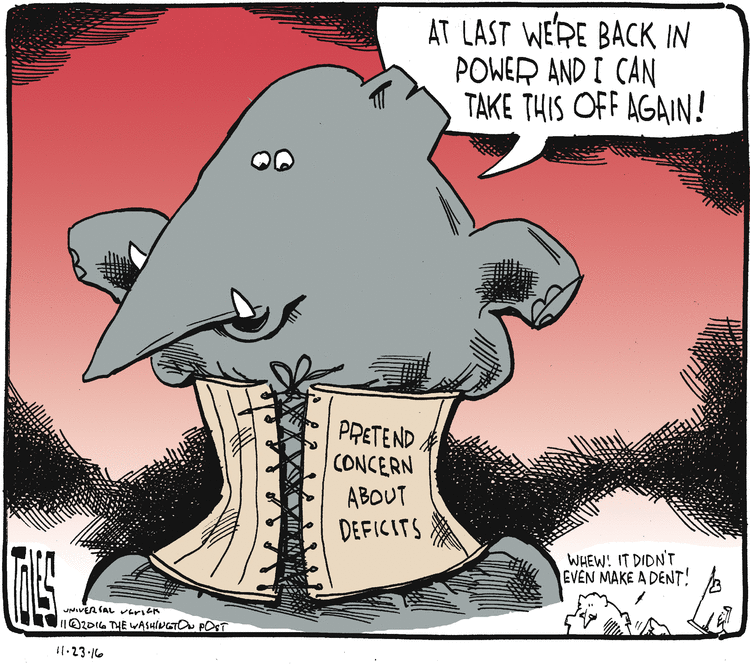The Daily Escape:
 Winter in the Palouse, near the town of Oakesdale, WA – January 2022 photo by James Richmond Photography
Winter in the Palouse, near the town of Oakesdale, WA – January 2022 photo by James Richmond Photography
We talk a lot about a nation’s credibility in foreign policy. The US strives to be credible regarding its positions with allies and foes alike. We have often failed. Russia has also proven many times over that it isn’t a credible partner.
Consider a report from Numbers Stations showing that Russia has invaded its neighbors and a couple of distant countries 58 times since 1917. One element of clear credibility for Russia is its willingness to invade others. How does knowing this history inform the current situation between Russia and Ukraine?
The world is well-aware of Russia’s ostentatious military buildup along Ukraine’s border. Putin added to the tensions by making demands requiring a new European security order. He wants Russia to be allowed its own sphere of influence that roughly corresponds to the old Soviet Union. That means NATO should certainly not expand, and possibly should contract.
Let’s look at history between the US and Ukraine:
- In 1994, President Clinton asked Ukraine to give up its nuclear weapons. In return, Ukraine got a financial settlement and the Budapest Memorandum which provided non-aggression assurances by both the US and Russia. Ukraine shipped 1700 or so nuclear warheads back to Russia and destroyed the missiles.
- In 2014, President Obama looked at the big, muddy land called Ukraine and asked if its strategic importance was worth war. Meaning a real war, with an enemy that could fight back. He decided on economic sanctions.
- In 2020, President Trump attempted to blackmail the Ukrainian president into interfering on his behalf in an American election.
- In 2022, President Biden rules out military intervention should Russia invade Ukraine, talking mostly about more economic sanctions as the consequence.
Regardless of whether Russia invades Ukraine or not, the US is walking down a perilous path. It faces efforts to divide and neutralize its alliances in both Europe and Asia.
In Europe, Russia wants to bury the post-Cold War order. Putin wants Europe to recognize its sphere of influence in the former Soviet countries. Putin wants to separate Ukraine from NATO permanently. He would like to fracture the European alliance by making Germany a more neutral party as Russia attempts to create its western buffer zone.
Europeans think that Putin won’t invade but will follow a hybrid strategy — keeping a military presence on the border, continuing weaponization of Russia’s European energy supply and increased cyberattacks — which will serve to keep NATO from becoming fully anti-Russian the way an invasion of Ukraine would. From the NYT:
“Before the crisis, Germany was America’s closest ally in Europe, boasted a special relationship with Moscow and was the most important partner for Eastern and Central Europe. Today…Berlin’s relationship with Moscow is fast deteriorating….Germany’s difficulties are a hint of what could come if Mr. Putin continues his brinkmanship, without providing the certainty of an actual invasion.”
The US and Germany aren’t singing from the same choir book right now, so Putin may be on to something.
In Asia, China would like to drive a wedge between the US and some of its Eastern allies. It already has agreed with Russia on the demand for NATO to pull back in Europe.
India tilted toward Russia at the UN Security Council meetings last week. After China and Russia cast “no” votes in the Security Council on whether to hold an official session to discuss the Ukraine crisis, Responsible Statecraft says that India abstained. It was effectively a rejection of the US attempt to hold Russia accountable.
In the Philippines, the front-runner for president says he wouldn’t accept any offer of help from the US in negotiations with China over the South China Sea if elected president in May.
Any person can see what’s coming in cold war 2.0 and should be very wary and worried. We need to learn to navigate in what has become a multi-polar world, one with worthy competitors in Russia and China.
We should remember that during cold war 1.0 in 1962, the stationing of Russian missiles in Cuba let to a great power deal. Russia took its missiles out of Cuba and the US pulled its missiles from Turkey and Italy. Back then, Soviet leader Nikita Khrushchev was willing to consider Kennedy’s fears about Moscow’s missile deployment in Cuba. That became the basis for ending the confrontation.
The enormity of how close the world came to thermonuclear war led to an easing of tensions. The next 50 years were a period of relative calm in US/Russian relations.
Today’s warlike tensions between the US and Russia over Ukraine have most of the same elements present, with the roles reversed. Now, Putin is telling the West that Ukraine should not be allowed to join NATO. He also demands that the US should not place offensive weapons in Ukraine.
Like Cuba in 1962, is Ukraine now the chessboard for these superpowers? Is there a lesson here from that history?
Time to wake up America! You aren’t uniquely qualified to run the world, and there are competitors who will work really hard to prevent you from trying to continue doing so. To help you wake up, listen to Pink Floyd perform “Dogs Of War” from their album “Delicate Sound Of Thunder” at the Nassau Coliseum, NY in 1988. While the singing is a bit muffled, the band sounds fine, and there’s a great saxophone solo by Scott Paige:
Sample Lyric:
Invisible transfers and long distance calls
Hollow laughter in marble halls
Steps have been taken, a silent uproar
Has unleashed the dogs of war
You can’t stop what has begun
Signed, sealed, they deliver oblivion
The dogs of war won’t negotiate
The dogs of war don’t capitulate
Still relevant, 34 years later!


